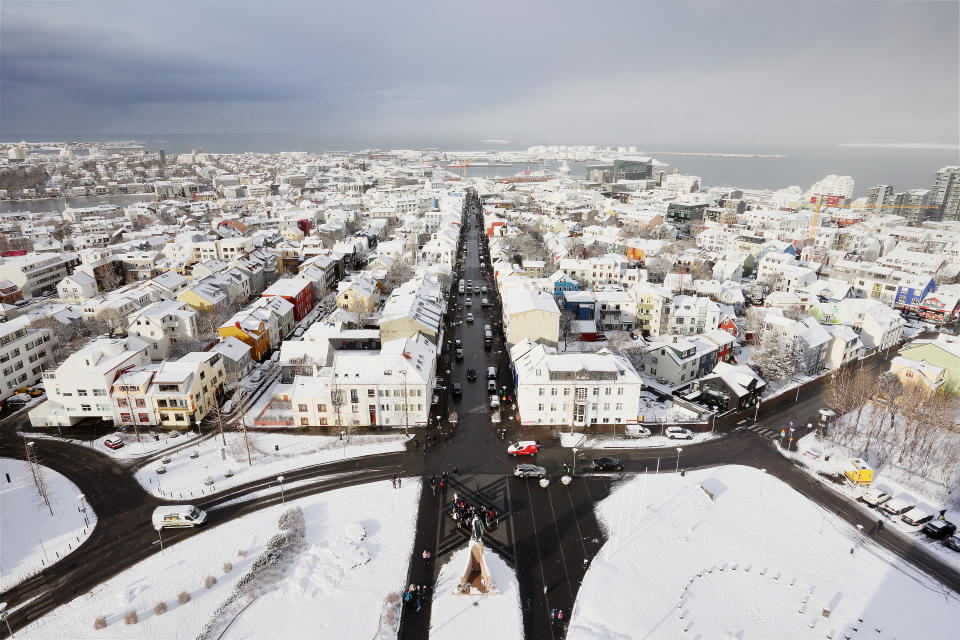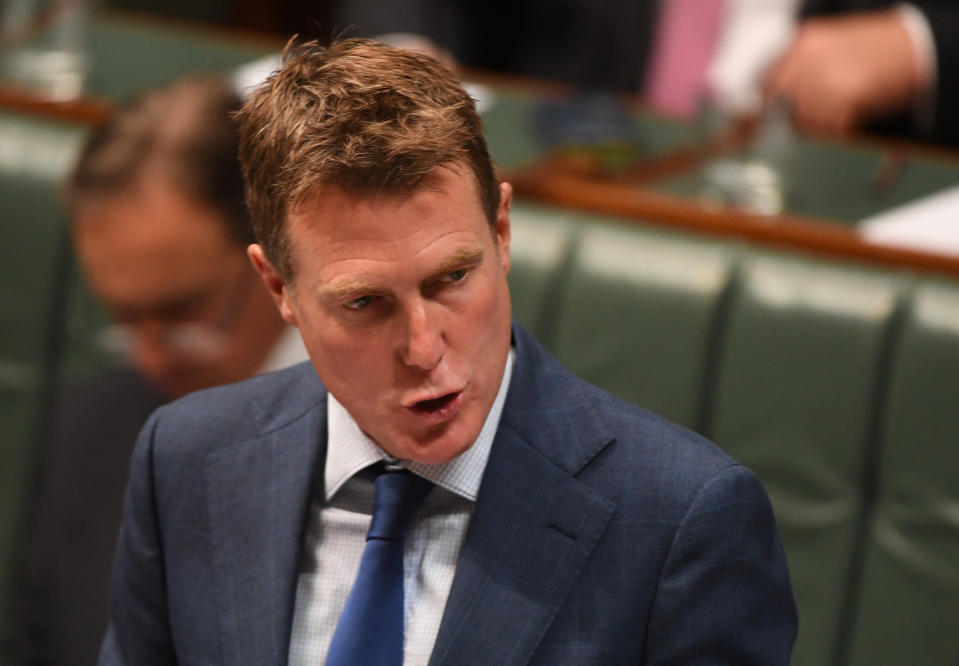The country paying people to go into quarantine

As Australian unions and welfare groups warn coronavirus will hit casual workers’ hip-pockets hardest, Iceland has introduced a policy which sees workers paid to be quarantined.
The northern European country will pay people salaries to remain in quarantine, without cutting into sick leave, the Grapevine first reported.
In Australia: Staff who can’t work from home amid coronavirus could be ‘stood down’
Rescue package: PM clings to budget amid coronavirus crisis
May 31: The day we see if Australia will suffer worse than a recession
And if people break quarantine, they’ll receive a huge fine or prison time.
Prime Minister Katrín Jakobsdóttir told RÚV last week that the government was working with unions and employers to protect workers required to go into quarantine.
Trade union Efling represents factory, health sector, public sector, transport, hotel and trades workers with 27,000 members.
It said the three groups had arrived at an agreement that will secure people’s livelihoods as they self-isolate.
“Many workers have gone into quarantine, which means they can’t go to work, and which limits their contact with others,” Efling said.
“This is a significant disruption to their daily life. The quarantine measures are a major element in containing the spread of the virus. To make it effective, workers must be guaranteed their wages while in isolation.”
Under the agreement, the government will “pave the way” for insurance legislation allowing employers with quarantined workers to claim compensation and the employers’ association will direct its members to pay quarantined workers.
Also read: All the Aussie companies telling staff to work from home
Also read: How to not go crazy while working from quarantine
I started working from home full-time: Here’s what happened
It comes as Australia grapples with the same question: who pays for workers to enter quarantine?
And, more pressingly, what happens to casual workers and those who can’t continue working from home if they’re required to self-isolate?
Millions of Australians in the casual workforce face the prospect of at least two weeks without pay, something Australian Council of Trade Unions secretary Sally McManus has described as a “significant health risk” to the community.
“Without a proper, detailed economic support package for the 3.3 million people who have no access to paid leave there is not only an economic impact on those workers but also a significant health risk to the broader community,” McManus said.
“Workers without access to paid leave will be placed in the impossible position of choosing whether to attend work while suffering symptoms, possibly infecting others, or self-isolating without any means to pay their bills.”
Prime Minister Scott Morrison has called on employers to “hang on” to their staff and provide paid leave where needed.
Casual workers ‘already made provisions’

But the Australian government has been reticent to suggest it will follow a similar path to Iceland.
Attorney-General Christian Porter has said casual workers are paid higher hourly wages, and as such many will have “already made provisions”.
“Many people would have already made provisions for that, because of course the purpose of casual employment is that you’re paid extra in-lieu of the types of entitlements,” he said.
“If it is the case that large numbers of people in particular industry sectors by virtue of the casual nature of their employment are having these types of problems, and that is something we’re aware could happen, that is something that can be responded to, likely through the welfare system, but there might be other options.”
However, he said the government won’t “jump to a solution in anticipation of a problem” before such a problem has actually arisen or “we reasonably know that it will arise”.
Make your money work with Yahoo Finance’s daily newsletter. Sign up here and stay on top of the latest money, news and tech news.
Follow Yahoo Finance Australia on Facebook, Twitter, Instagram and LinkedIn.

 Yahoo Finance
Yahoo Finance 
